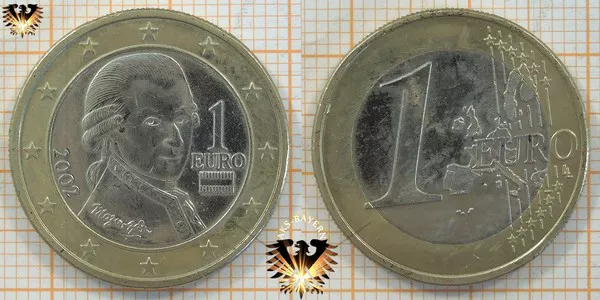Embarking on a trip to Europe is an exciting endeavor that requires careful planning, and one important aspect to consider is how to handle your currency. Many travelers grapple with the decision of whether to buy euros before arriving in Europe or to rely on local currency exchange services. In this article, we will explore the factors that can help you make an informed decision and ensure a smooth financial experience during your European adventure.
Understanding Currency Exchange:
Before delving into the decision-making process, it’s crucial to have a basic understanding of currency exchange. When traveling to a foreign country, you will need to convert your home currency into the local currency. Exchange rates determine the value of one currency in terms of another, and they can fluctuate based on various economic factors.
Factors Influencing Exchange Rates:
Timing: Exchange rates are dynamic and can change from day to day, even within the same day. Keeping an eye on market trends and fluctuations can help you make a decision on when to exchange your money.
Transaction Fees: Both banks and currency exchange services may charge fees for converting your currency. These fees can vary significantly, impacting the overall cost of exchanging money.
Economic Conditions: The economic conditions of both your home country and the destination can influence exchange rates. Political stability, inflation rates, and economic growth can all play a role.
Local Currency Usage: Consider the prevalence of card payments and the acceptance of foreign cards in the country you are visiting. Some countries may be more cash-oriented, making it essential to have local currency on hand.
Pros of Buying Euros Before Your Trip:
Convenience: Having euros in hand before arriving in Europe can provide a sense of convenience, eliminating the need to search for currency exchange services upon arrival.
Budgeting: Pre-purchasing euros allows you to set a budget more effectively, as you know the exact amount you have available for expenses.
Avoiding Airport Exchange Rates: Currency exchange services at airports often offer less favorable rates compared to those in city centers. Buying euros in advance helps you avoid these potentially higher costs.
See Also Why Euro Price Is Falling?
Cons of Buying Euros Before Your Trip:
Exchange Rate Risk: The exchange rate you receive when buying euros in advance might not be as favorable as the rate available when you arrive in Europe. This can result in potential losses.
Security Concerns: Carrying a significant amount of cash can pose security risks. If lost or stolen, it may be challenging to recover.
Unused Currency: If you overestimate your expenses and purchase more euros than needed, you may be left with unused currency after your trip.
Conclusion:
The decision of whether to buy euros before heading to Europe involves a careful consideration of various factors. While the convenience of having local currency in hand is undeniable, it’s crucial to weigh the potential downsides, such as exchange rate risks and security concerns. Keeping an eye on exchange rates, researching transaction fees, and understanding the local currency usage at your destination can help you make an informed decision.
For many travelers, a balanced approach might be ideal. Consider exchanging a small amount of currency before your trip to cover immediate expenses and rely on local currency exchange services for the rest. Additionally, using credit or debit cards with favorable foreign transaction fees can be a convenient and secure alternative.
Ultimately, the key to a successful financial experience during your European journey is research and planning. Stay informed, stay flexible, and make choices that align with your travel preferences and financial goals.


